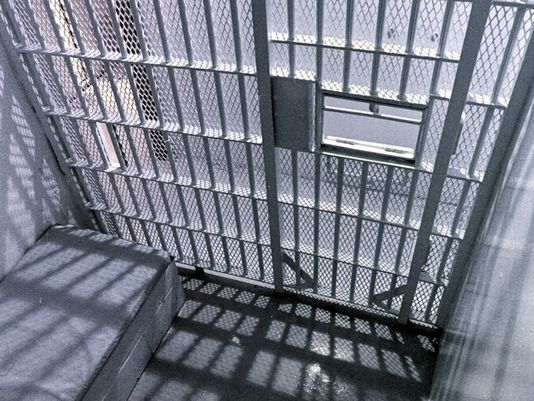[ad_1]
By Stephen Janis and Taya Graham
Special to the AFRO
Baltimore City State’s Attorney Marilyn Mosby announced on March 18, that her office would drop all pending criminal charges against anyone arrested for drug possession, attempted drug distribution, trespassing, prostitution, minor traffic offenses, possession of an open container and urinating in public. The new policy from the State’s Attorney’s Office comes in the wake of the burgeoning coronavirus pandemic, as Maryland grapples with its impact on one of the state’s most vulnerable populations: inmates currently incarcerated in the state’s myriad prisons and jails.
Last week state corrections officials barred visitors from all facilities, and instead offered prisoners access to free phone calls. It was a move they touted as a way to keep inmates healthy by preventing the spread of the virus.

“We recognize the tremendous importance of visits and family contact,” Secretary Robert L. Green announced in a press release posted to the department’s website.
“But it is critical for the health and well-being of our employees and those in our custody that we protect them. This is a human event, and we need to do everything possible to ensure that families can communicate.”
But with thousands of men and women living in a confinement that precludes social distancing, advocates for people behind bars say the state’s efforts fall short. They are calling for more proactive measures that will reduce the population and lessen the risk for people who would be safer at home.
“If there are non-violent offenders who can successfully be reintegrated into the community they need to be released now,” Kimberly Have, Community Organizer for Reproductive Justice Inside, told the AFRO. “If they are elderly they need to be released now.”
Haven said the conditions in prisons and jails create the type of physical contact that health officials have warned will contribute to the spread of the virus that has killed thousands worldwide. A fact that demands the state do as much as possible to shrink the current prison population.
“There is no social distancing allowed in prison,” Haven said.
That close proximity will be exacerbated by contact with staff, Haven warned. Corrections officers who work inside the facilities could become vectors for the disease when the they leave.
“You have staff working in the facilities and then going back into the community, so it’s going to be a perpetual machine,” she said.
And Haven is not the only advocate calling for the state to rethink its penchant for incarceration.
Marc Schindler, Executive Director of the Justice Policy Institute says that prisons and jails have unique obstacles to keeping inmates safe from the virus. Including the fact that simple protective measures like the use of hand sanitizer is barred, because it is considered contraband.
“People who are incarcerated can do little to nothing to protect themselves if the virus enters a facility,” Schindler said in a written statement.
“We know health care facilities, providers and resources around the world are being taxed beyond capacity. On the inside, we don’t know who, if anybody, is being tested. Health care in prisons and jails is often below a common standard of care – it is not going to improve in the coming weeks and months to deal with this virus.”
[ad_2]
Source link
